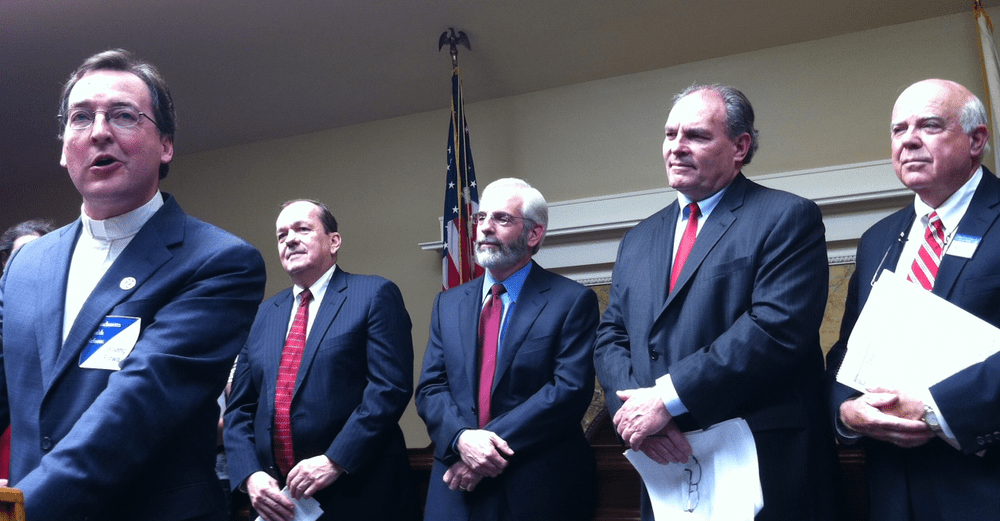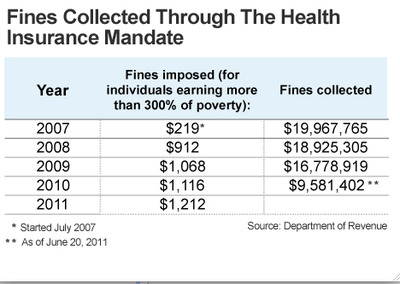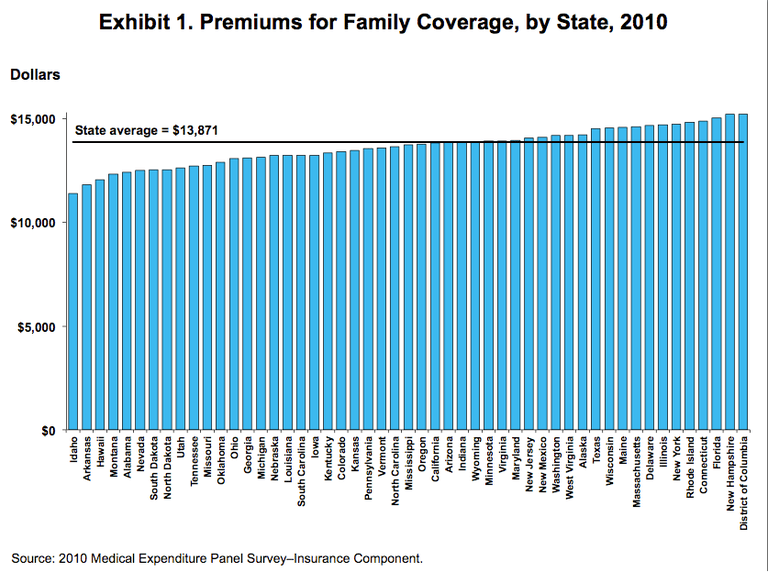Advertisement
5 Quick Facts About Mass. Health Reform You Now Need To Know

Now that the Supreme Court has upheld the federal health overhaul, which was based on the Massachusetts model, the state's experience becomes more relevant than ever for the rest of the country. WBUR's Martha Bebinger has been covering Massachusetts health reform since soon after its inception almost a decade ago. What better time to ask her to distill it all into a 5-part FAQ?

1. Does the requirement that virtually everyone get health insurance actually work to bring universal coverage?
Let's begin with basic numbers. The latest figures show that about 98 percent of Massachusetts residents now have health insurance, up from 94 percent before the reform (this earlier number varies a bit depending on the source.)
2. Does the threat of having to pay a penalty if you don't get health insurance actually work?

Some economists say that yes, the threat of the penalty has been the key reason that more people have been signing up for their employer's insurance or buying their own, but I haven't seen that quantified.
What we can say is that only a small percentage of the Massachusetts population has actually been penalized since the state reform passed in 2006: About 200,000 in a state of about 6.5 million. And as the penalties rise (see the chart at left) the number who pay them has been dropping.
The number of residents who, according to their state tax returns, are subject to paying the penalty:
67,000 in 2007
53,000 in 2008
48,000 in 2009
44,000 in 2010
3. How much has the law cost Massachusetts?
The only group that has looked at this question directly is the business-backed state government watchdog, the Massachusetts Taxpayers Foundation. They calculate that the Massachusetts law requiring that virtually everyone have health insurance has increased costs to the state budget by about $91 million a year. That means it's costing an additional 1.4 percent of the state's $32-billion budget. It's important to note that Massachusetts was already spending more than most other states on the care of the uninsured even before the law passed, about $1 billion a year.
4. Has the law driven up health care costs?
The easiest way to answer that question is to look at health care premiums. Massachusetts had the highest health care costs in the country before the law was passed. Now, according to a Commonwealth Fund report, they are the ninth-highest in the country. It's not clear exactly what's behind that change; it could be the recession, or the health reform law, or early efforts to control costs. Costs do remain a major issue, and are the focus of the coming phase of the state’s reform.

5. Do Massachusetts residents like the law?
About two thirds of them do, according to a WBUR poll this February, and about one-third oppose it. A 2011 poll by The Boston Globe and the Harvard School of Public Health similarly showed that 63 percent of Massachusetts residents supported the state law, and that support had risen since 2009. Here are 10 signs that Massachusetts mostly likes health reform.
Out-of-state readers and Massachusetts residents alike, is there anything else you'd most like to know about how health reform is shaking out here? Please post your questions in the comments below.
This program aired on June 29, 2012. The audio for this program is not available.
